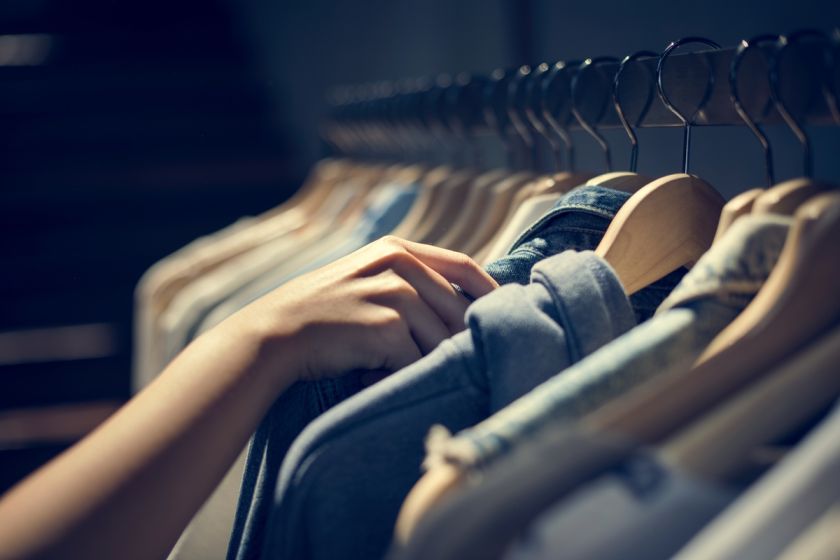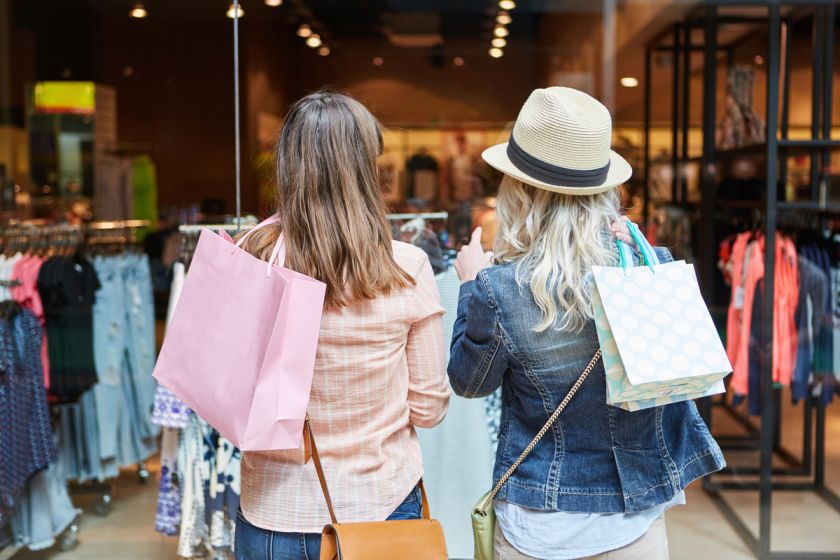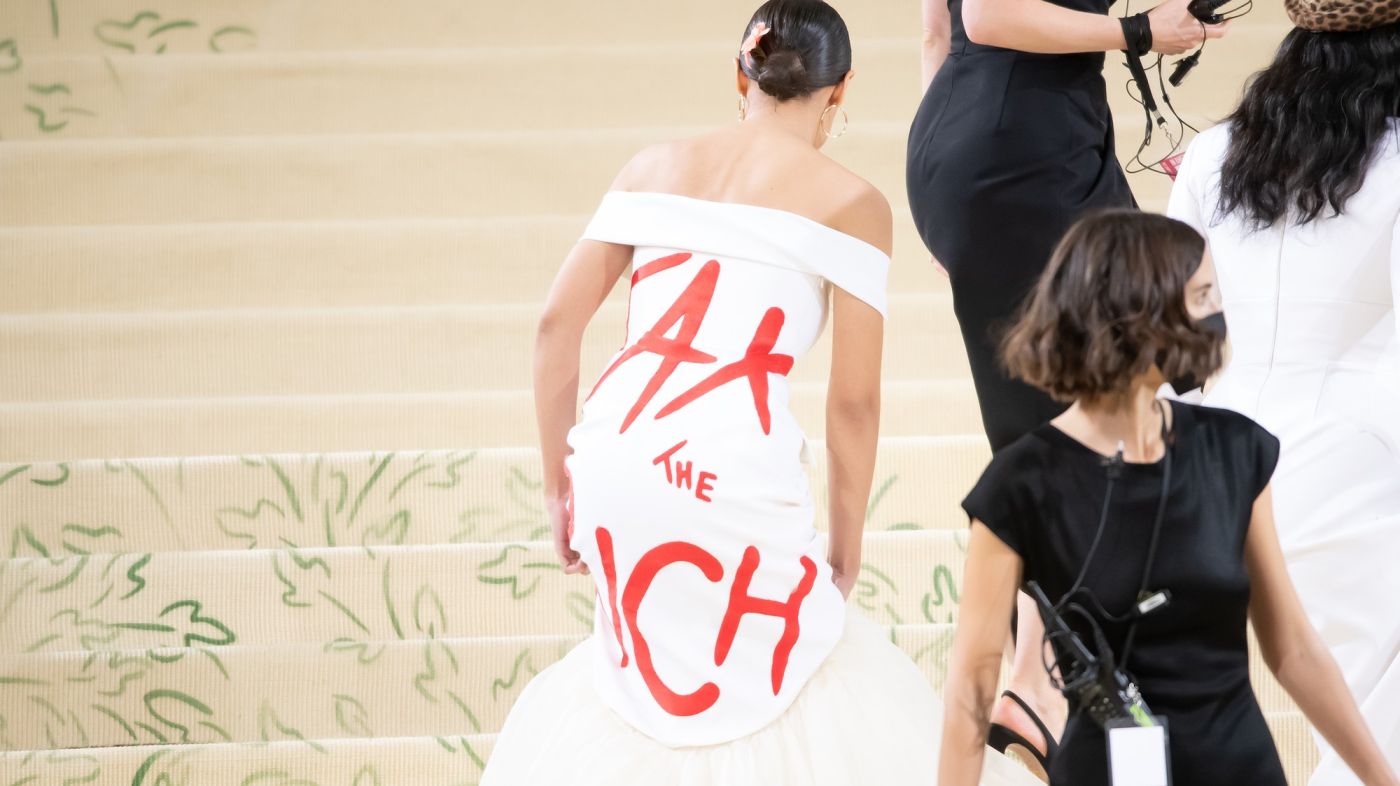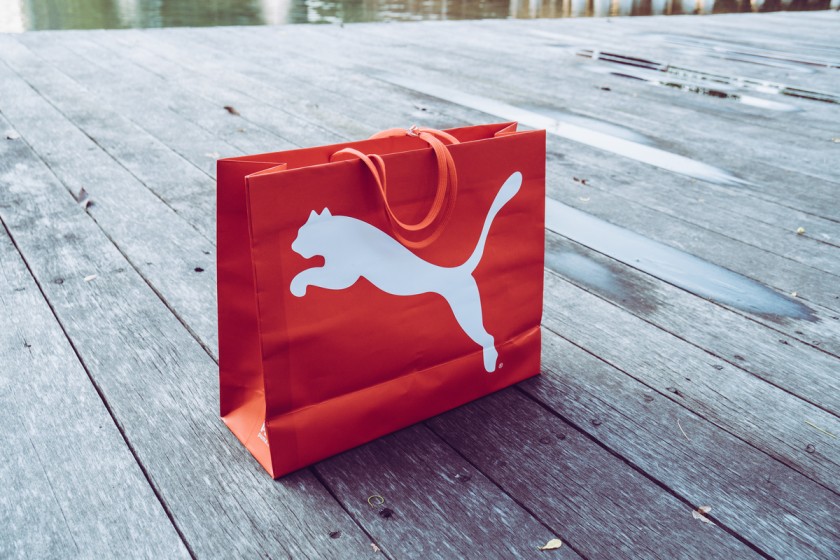How Retail Is Faring In Round Two Of The Great Reopening



The COVID-19 virus arrived unannounced, reigning in fear. Then, a year later, vaccines appeared and led to a mass vaccination drive the world over. But even after all such measures, and more, taken to shield humanity from the menace of the virus, are consumers ready to step out? Will the clothing retail industry spring back on its feet?
The clothing retail business was some of the worst hit by the pandemic as the virus instilled a fear of physical shopping in buyers. As it was vital for consumers to place the well-being of themselves and their loved ones over retail therapy, the fashion industry took a big hit.
When brick-and-mortar stores reopened the last time, more than 70% of those who took a McKinsey survey said they were hesitant to step out of their homes. Even with the Government easing their restrictions, more than three-quarters of consumers were still reluctant to resume their out-of-home activities, the McKinsey research reflected. Post-COVID’s second wave, many consumers are still avoiding visiting a physical store to make purchases, as concluded from data obtained from Google’s Covid-19 Community Mobility reports.
Vogue Business examined the world’s major shopping cities, clothing retail business hubs to see the percentage rise in shopping activity. London has the lowest activity of these cities, but it seems to be moving in the right direction with a 42% rise. Paris, Tokyo, and Amsterdam have performed better than London, with activity in retail areas at 44.94%, 48.48%, and 48.81%, respectively.
Cities that performed the best were Rome, Stockholm, Milan, and New York, with activity touching nearly 80% of pre-pandemic baseline levels. As per a recent Cowen report, the US has also been recovering well with a 62% activity of 2019 levels.
The cities known for their luxury clothing retail stores like Vienna, Zurich, and Geneva have also bounced back. Consumers are on a luxury shopping spree as the activity is around 70% higher than at the beginning of 2021 in Vienna and Zurich and 65% higher in Geneva. Asian cities of Singapore and Seoul have also shown positive percentages, with Seoul’s activity rising beyond the pre-pandemic level now and then.
Sean Pillot de Chenecey of the well-renowned strategy consultancy company, Brand Positive, which helps brands navigate the implications of the pandemic, says full recovery will still take some time. “Economic indicators show one of the beneficial impacts of coronavirus is that a large percentage of citizens have saved significant amounts of income,” he says. “A lot of this unanticipated income appears to be earmarked for holidays and personal treats. The former indicates that the airlines and hotels sector will benefit, while e-commerce is still attracting consumer budgets for the latter.”
IS REVENGE-SHOPPING THE WAY AHEAD TO REVIVE THE CLOTHING RETAIL INDUSTRY?

Since the successive lockdowns forced people to stay in, and now that such restrictions have been eased, consumers may shop extravagantly and boost the clothing retail sector. Hence, it is termed as revenge shopping. But, if this is the case, does it mean that shopping malls will emerge as the winners?
Westfield, a chain of shopping centers that houses leading global brands, has reported a footfall of 6.3 million people since both Westfields London malls’ reopening on 12 April. In a report rolled out by Westfield that examines the future of physical shopping, buyers will look forward to experiential retail. It has been noted that beginning 2025, retailers will devote more square footage to the experience rather than the product itself.
TO SUM UP

The pandemic urged people to move places. Some moved back with their families, while some moved away from the fast-moving major cities and found a home in the more peaceful suburbs. Consumers preferred to shop closer to homes. It has made brands rethink their placement of stores and start exploring small towns and suburbs. It can be effectively termed as the decentralization of the fashion industry.
Brands will have to adopt new strategies to attract consumers to indulge in physical shopping again. According to a McKinsey report, BIPOS (buy online, pickup in-store) became a beloved shopping feature in no time.
A Burberry store in Shenzhen, China, has become the first to prioritize experiential clothing retail. Here, customers can completely control the store themselves. The backbone of this experience is WeChat, so one can go inside the store whenever they want and exit whenever they wish.
But still, the question lies as to when will physical shopping activity be at par with pre-pandemic levels? The journey so far for the clothing retail industry has been a roller coaster, and with the new variant in place, only time will tell.
Are you a business looking to source clothes? Then, reach out to Fashinza for all your clothing needs.



















